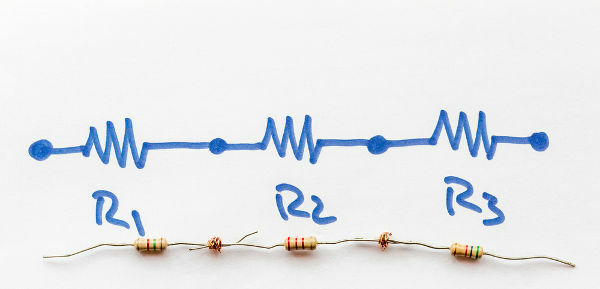We can say that it is thanks to the concept of energy that science has made great advances, in particular, physics, because this concept it is present in several branches of this area of knowledge, such as the study of mechanics, thermology, optics and nuclear physics. In part, this is due to the property of physical systems to transform one energy modality into another.
We know that it is possible to transform any type of energy into another, but literally it is impossible to spend or create energy. For example, by simply turning on a flashlight or connecting a radio to the battery, we are transforming chemical energy (from the batteries) into other forms of energy, such as electrical energy, which is then transformed into light energy and heat, in the case of radio, energy is transformed into energy sound.
In many cases we can also pass energy from one body to another. A basic example of this energy transfer is energy from the sun, it transfers energy to us in the form of light. With this and based on the principle of energy conservation, we see that the total energy of an isolated system is always the same, that is, it is constant.
conservative forces
In physics, we define conservative forces as being those that do not modify the mechanical energy of the system. It is possible to establish a classification for the different types of forces through the effects caused by each one on the mechanical energy of bodies. For example, the force weight has the property of transforming gravitational potential energy into kinetic energy. The force of a spring can transform elastic energy into kinetic energy.
Do not stop now... There's more after the advertising ;)
These two types of forces mentioned above, gravitational force and elastic force, are examples of conservative forces, as these forces do not modify the mechanical energy of the system.
dissipative forces
In physics, we define dissipative forces, which can also be called non-conservative forces, as the forces that transform mechanical energy into other forms of energy, such as sound, heat and deformation.
The force of friction causes an object to stop, transforming its initial kinetic energy into heat and sound. Whenever there is frictional force, part of the system's mechanical energy will be transformed into heat and sound. You can check this when a car brakes sharply: we hear the characteristic sound of braking and we see the smoke from the tires burning due to the increase in temperature due to the friction force with the asphalt.
By Domitiano Marques
Graduated in Physics
Would you like to reference this text in a school or academic work? Look:
SILVA, Domitiano Correa Marques da. "Conservative forces and dissipative forces"; Brazil School. Available in: https://brasilescola.uol.com.br/fisica/forcas-conservativas-forcas-dissipativas.htm. Accessed on June 27, 2021.


